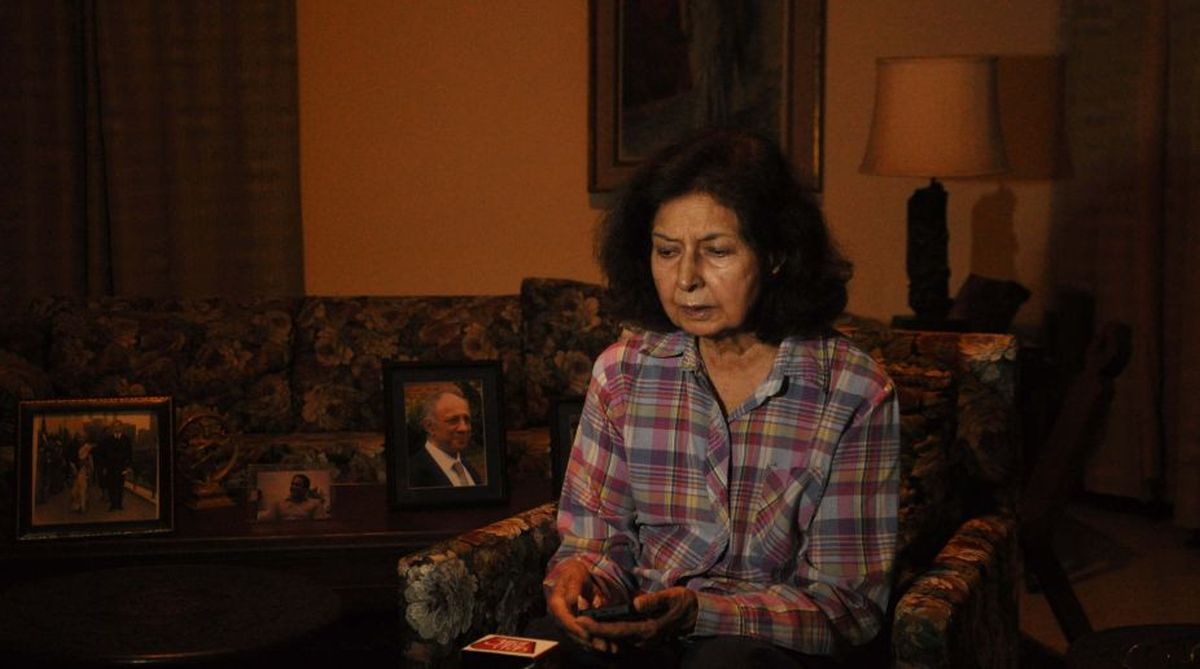The “people” provide the source-material for politicians and artists alike, but while the former are keen to exploit them to advantage and shift their positions accordingly, the best among the latter cling to principled positions. Three years ago the celebrated writer Nayantara Sehgal hit the headlines when she returned the Sahitya Akademi Award to protest the increasing culture of intolerance, a few days ago she reemphasised her point though many others have opted for craven silence in the interim.
Though aware that rulers of the day are obsessed with Nehru-denigration and would see a party-angle to her essay, she did not back off an inch when delivering the Sunanda Bhandare Memorial Lecture in New Delhi. Adding to her earlier castigation by asserting that religious fundamentalism was a “frontal attack” on the Constitution and a danger to all those who dared to think independently.
Advertisement
Her topic for the day was Women under Religious Fundamentalism and she recalled that at Independence the founding fathers had “the wisdom to respect diversity and declare India secular and democratic.” Quoting the late Justice Bhandare’s observation that no society can call itself civilised unless its women have equal rights and freedom as men, Sehgal noted that “We don’t need foreign observers to tell us this, it is a fact that Indian women, even little girls, are not safe at home, on the street or in the work place and gender injustice is much too weak a phrase to apply to this shameful state of affairs.”
Much too eminent a personality to be dragged into comparisons with Beti padao, beti bachao or the #MeToo campaign sweeping the country after a belated arrival, Nayantara lamented that religious fundamentalism was now laced with mob violence. “Though this mindset endangers all citizens, women are its worst sufferers. It has made life especially dangerous for them, if we look at the rising graph of gang-rapes. Rape is central to mob violence that we see today: it is an act that makes brutal use of women’s bodies to assert its power over an entire community. The prevailing climate is different from anything that India has seen before”…” it is not merely criminal, or communal, or divisive. It is the result of, and has the authority of, a mindset which is given free rein by political ideology.”
A few days have elapsed since Nayantara painted her grim picture, but the political reaction has been muted; it must have hurt ~ surely she is not so insignificant as to be ignored. But it does provide an underlying explanation to silence of the government on the grave allegations a number of young women have made against a high-profile journalist- turned minister. True that the Prime Minister opts not to comment in internal shenanigans, but must others in government duck the opportunity to establish their credentials? They stand self-indicted.











